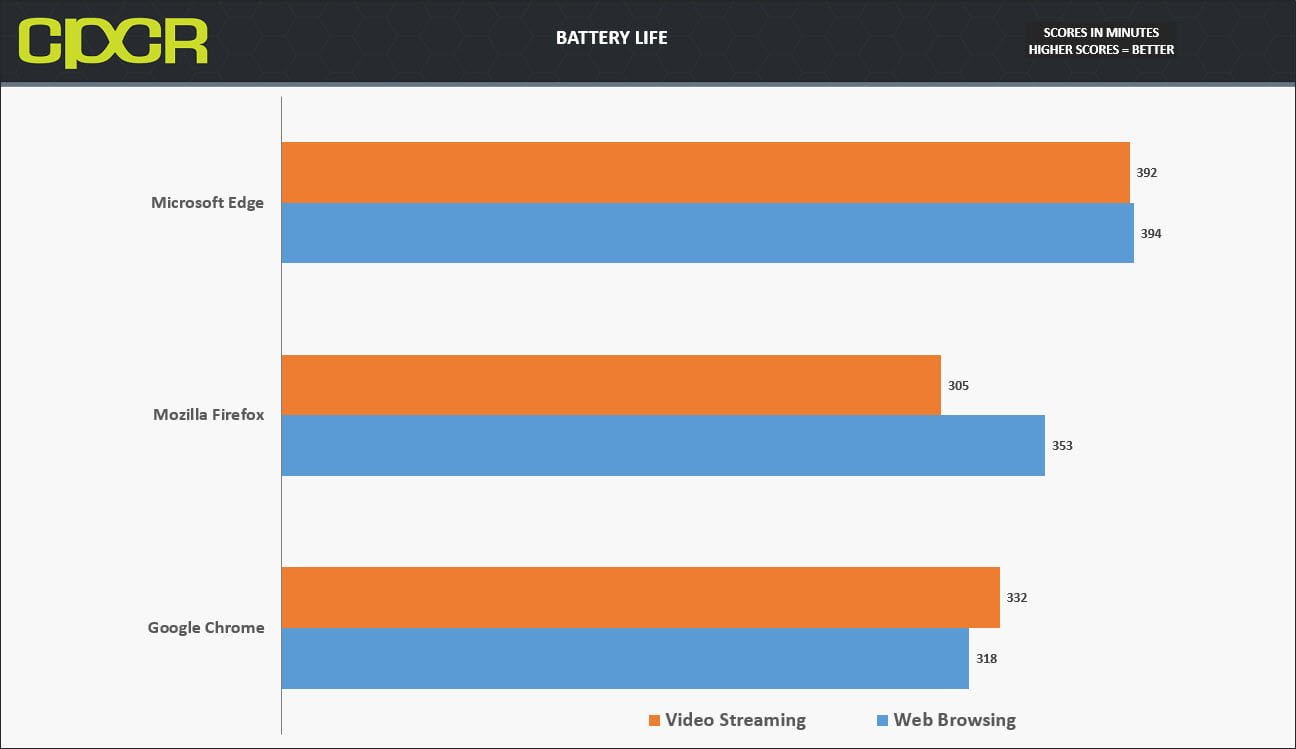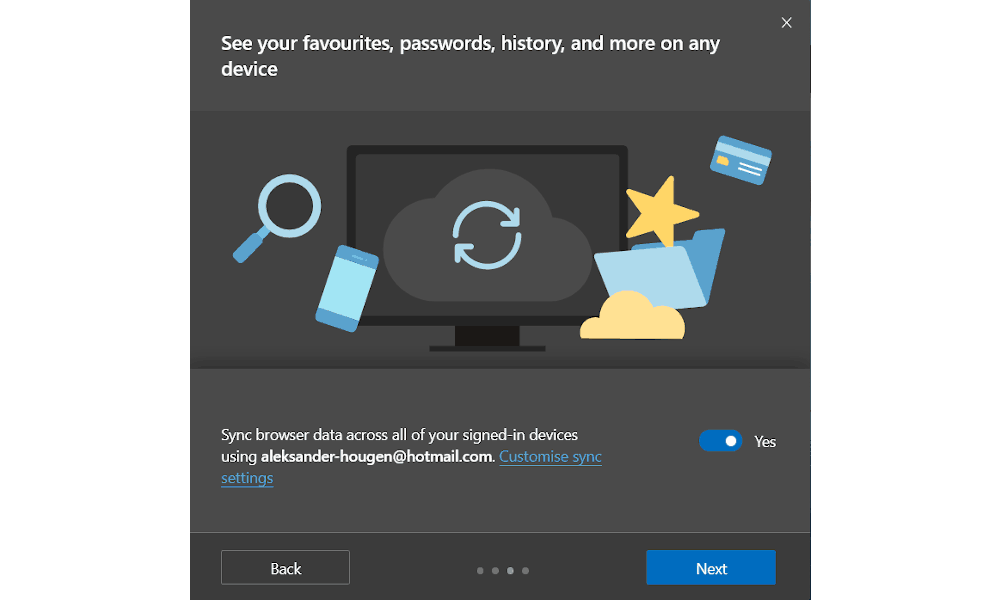
Therefore they all started from the same point of having to look up the DNS. I did run the command IPCOFIG / FLUSHDNS which gets rid of any cached DNS entries on the computer. So these tests aren’t 100% perfect as the web services I connect to could be busier with one browser than when I test another browser a few minutes later. However, what I couldn’t control was anything outside my network.

I ran these tests on my wired network and no other device was connected to the network. The final test was done on the Netflix movie streaming site that automatically logs you in. The second was the Wikipedia text-only website. The first test was which is your typical website. I ran three quickest web browser tests that simulate the type of websites that we encounter. Is there a fastest web browser after all? While the software I used showed me those points, I will say that you need to allow for some split-second human error. The timer stopped the moment the website loaded. The way I ran these tests was using my software that measured from the moment the URL was typed in and the go button was clicked. The test was to see if there is a noticeable difference in web browser speed when going to the same website. You type a URL and go to a website with a browser. The test is to simulate a real-life situation where a regular person opens the browser.

The concept of this test is not to get all techie and customize each browser in a “lab situation”. Note: I did NOT test the new Microsoft Edge Based on Chromium as I did not have it at the time of testing.

I tested Chrome versus Firefox vs Microsoft Edge vs Brave and the results we pretty interesting.

So how much of a difference can using one web browser be versus another web browser? How much of a difference does it actually make on our internet speed? Is there such a thing as the fastest web browser? A browser is a browser is a browser right? I mean all a web browser does is simply open up a web page so we can read a blog post or watch a movie – they are just the “container”.


 0 kommentar(er)
0 kommentar(er)
